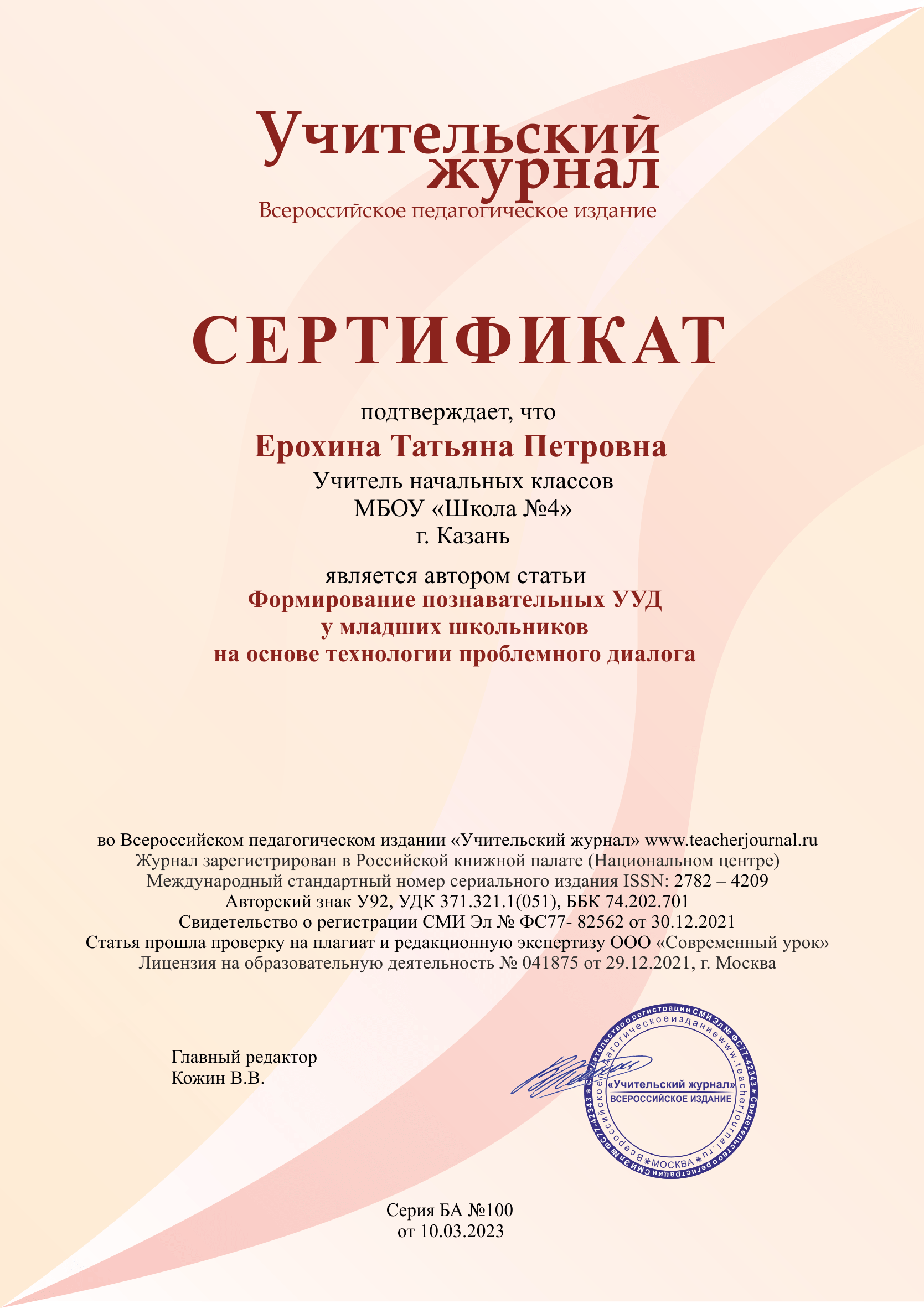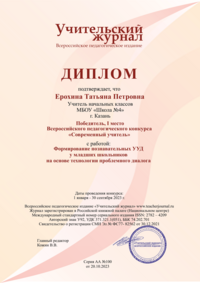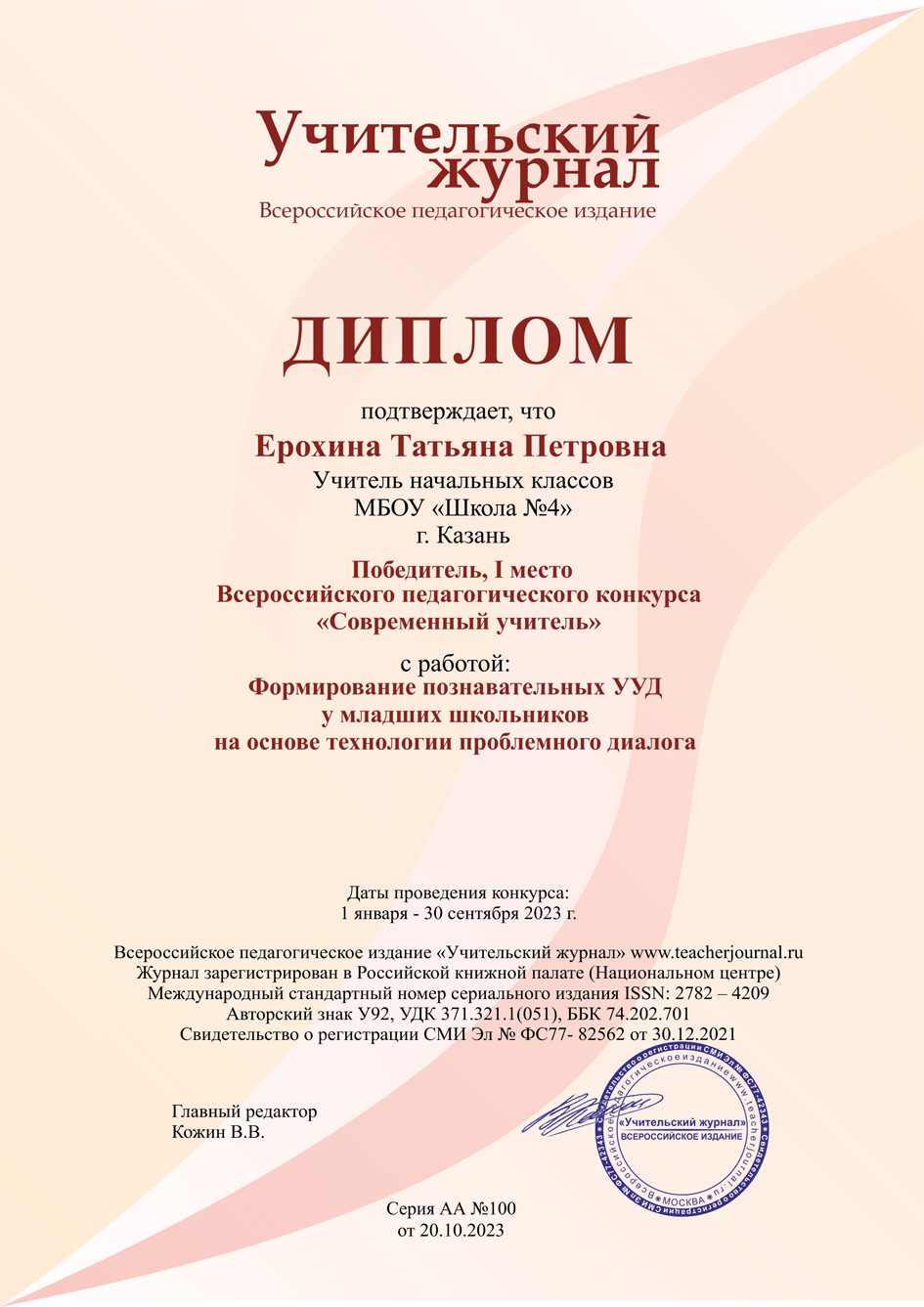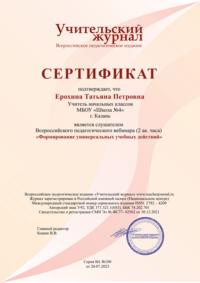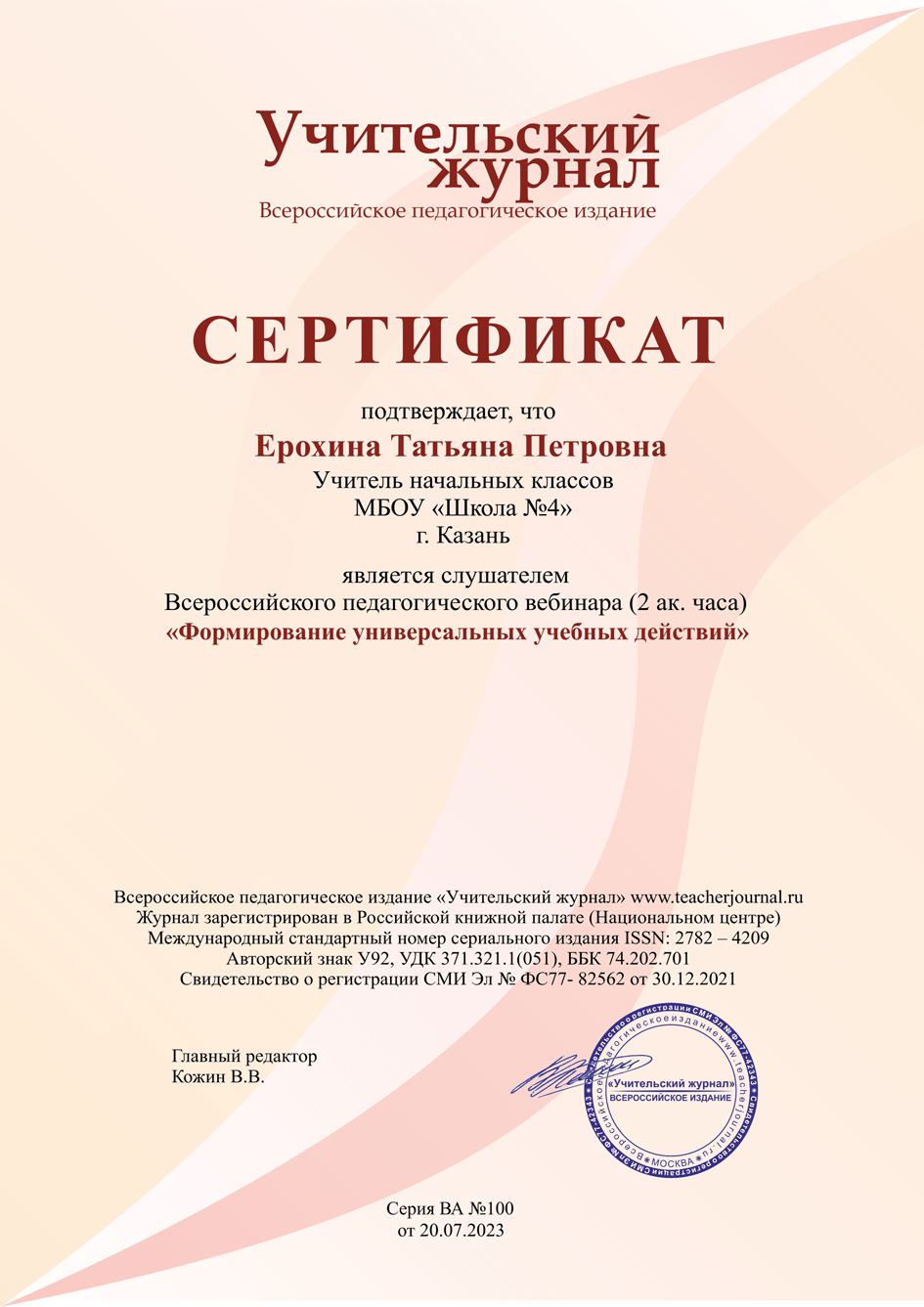The benefits and drawbacks of native vs non-native speakers of English Or My notes on gastro tourism
Автор: Воробьева Светлана Романовна
Организация: ГБОУ Школа 1589
Населенный пункт: г. Москва
Oh, yes, my dear Reader, we are going to get foody today. Just as books are understood to be “food for the soul”, we need to have a decent command of a language to be able to dine and wine at this table of knowledge. If one is fluent in several languages, it sufficiently widens their horizons, opens doors to new strata of knowledge and boosts their cultural competence to infinite levels.
Being a competent non-native speaker myself (non-NEST), I cannot but notice that despite all my internationally recognized qualifications, I can never enjoy the same level of income and treatment as my NEST colleagues. As ambiguous as the term “native speaker” is becoming today, the native/non-native dichotomy only makes sense if people with comparable variables are examined, so I have my native-speaking teacher counterparts in mind.
Partially due to my country’s communist past, some default reverence for anything foreign is existent. I worked for different schools: schools that hire NESTs in order to justify the fees from parents and those which don’t use their services at all and I’ve lived to tell the tale. I have also witnessed, and still do, how families send their children to summer/winter schools abroad to give exposure to natural flow of the language.
There is an opinion that non-natives are deficient because of the imitative nature of their language competence. I prefer to apply the term “observational learning” here and it’s one of the most effective learning strategies out there. Non-NESTs can serve as imitable models of the successful learner of English, as well as anticipate language difficulties.
But let’s go back to gastro parallels: non-natives are prone to intersperse instructions in English with instructions in their mother-tongue. This technique received a name “sandwiching”. Do you like sandwiches? Well, it’s a quick fix, a lunch option. Can be nutritious and delicious but can one live off sandwiches day in day out? In the food paradigm, native-speakers are like a big, juicy Texas steak. Note: Texas steaks are at a premium and some people are vegetarians; in the case with language acquisition, they have made peace with the idea that they either have no access to native speakers or they cannot afford them.
I for one believe in diversity: both NESTs and non-NESTs can be successful ESL teachers – it’s just that they arrive at their destination via different paths. I am sure that some people like gin and others like tonic but hedonists have long before mixed the two and created GIN TONIC. So keep calm and enjoy your cocktails!

 БЕСПЛАТНЫЕ семинары
БЕСПЛАТНЫЕ семинары
